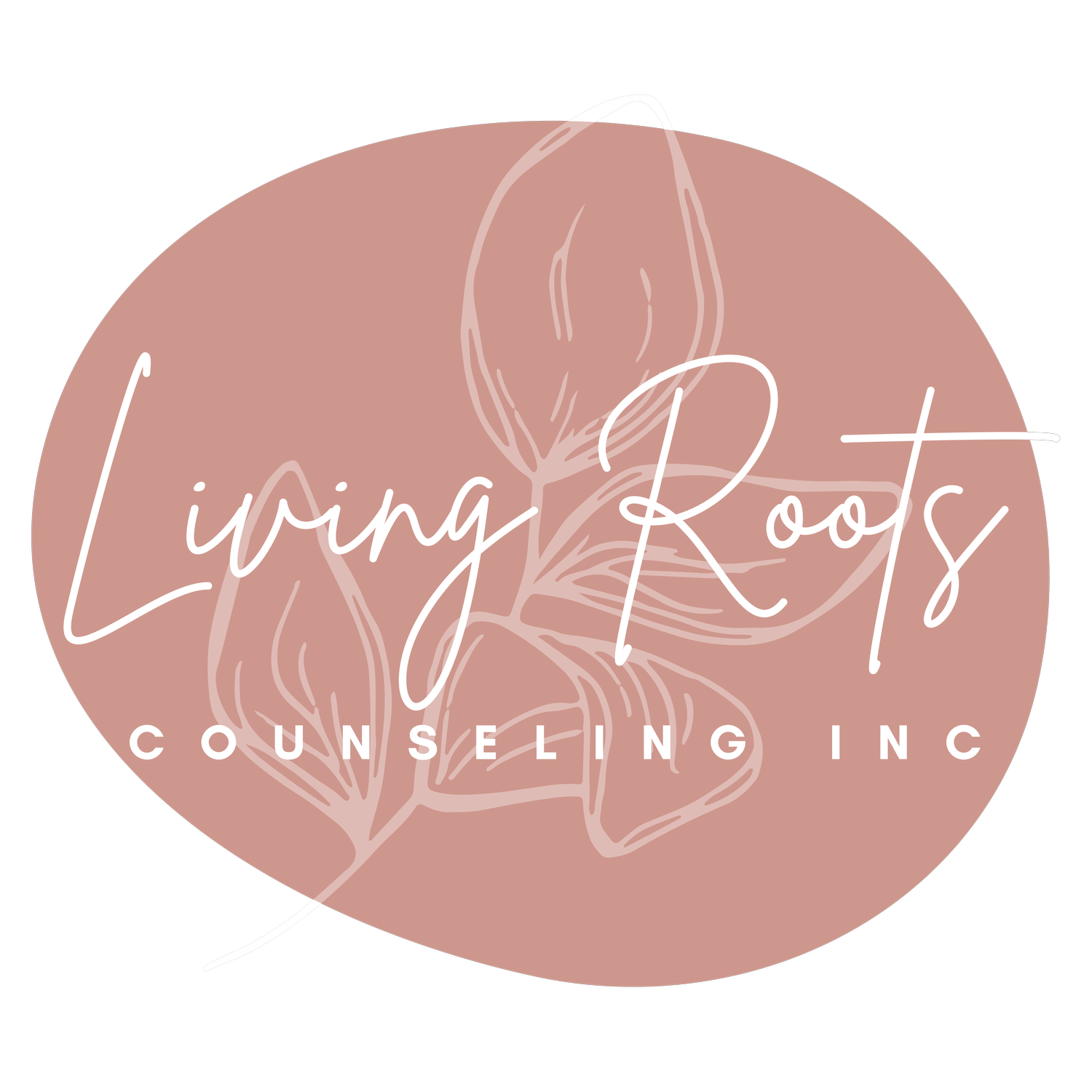Boundaries in Friendships
What are Boundaries?
Boundaries in friendships are guidelines you communicate to friends about acceptable and respectful behavior. While friendships can enrich experiences and combat loneliness during both joyous and challenging times, resentment and stress often emerge when relational boundaries are neglected or unclear. It’s essential to establish and communicate healthy boundaries with friends!
Why Set Boundaries?
Clear expectations in friendships create a framework for mutual respect, understanding, and consideration. When well-defined, boundaries prevent misunderstandings, promote emotional safety, and contribute to the longevity of the friendship. They also generate a respect for individuality, reduce conflict, and preserve emotional energy.
What to Watch Out For
You may need to enforce clearer boundaries when you notice:
Uncomfortable Situations - consistently finding yourself uncomfortable or stressed after interactions with a friend.
Exhaustion - feeling emotionally drained after spending time with a friend.
Lack of Reciprocity - when the give-and-take in a friendship feels imbalanced.
Steps to Take
Self-Reflection - understand your needs, values, and limits before communicating them to friends. Self-awareness lays the foundation for effective boundary setting.
Open Communication - initiate conversation with friends about boundaries. Express your feelings and needs calmly and respectfully, while also being receptive to their thoughts.
Be Specific - clearly define your boundaries and use concrete examples to illustrate what you are comfortable with and what you aren't.
Regularity - maintain consistency in enforcing boundaries. This reinforces the message that your expectations are a priority to you.
Respect their limits - just as you expect friends to honor your boundaries, be sure to respect theirs as well.
Establishing boundaries is not just constructing walls or distancing yourself; it’s an ongoing process of creating an environment of mutual respect, understanding, and support.
Above all, remember that your measure of self-respect largely depends on how well you communicate to others about how they can respect you!
You’ve got this!
